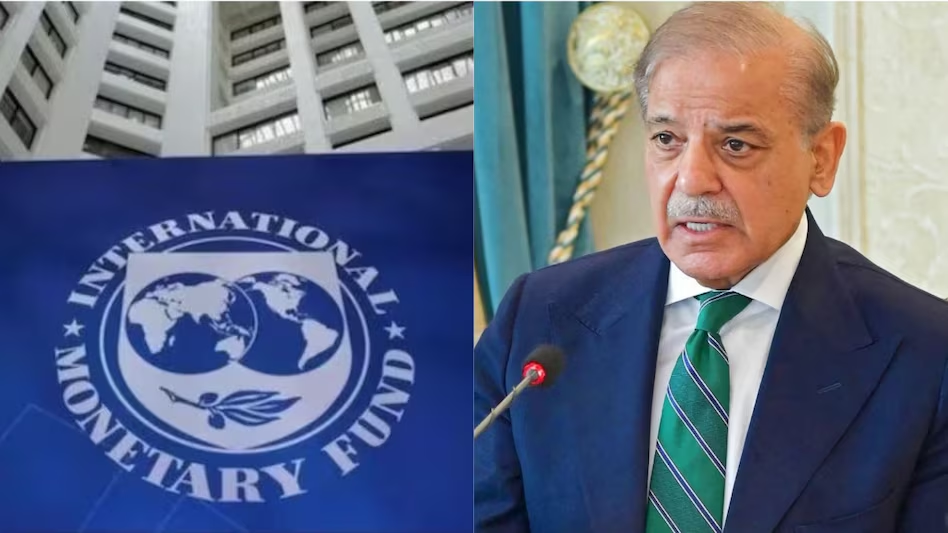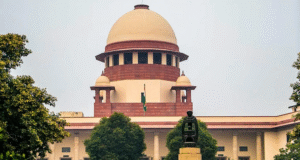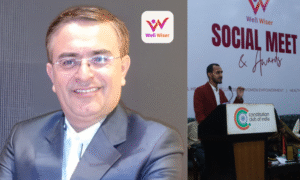As Pakistan celebrated a $1 billion disbursement from the International Monetary Fund (IMF), Indian tax professional Ajay Rotti delivered a scathing remark that quickly went viral, perfectly capturing the Indian social media mood in just a few lines.
“They are celebrating $1bn. This is a rounding off error in our budget,” Rotti posted on X (formerly Twitter), before twisting the knife with a stinging follow-up:
“Byju’s raised six times THIS amount and put choona also. We aren’t even bothered.”
Rotti’s jab came just after the IMF approved the first review of Pakistan’s Extended Fund Facility (EFF), unlocking $1 billion in funds. This brought total disbursements under the programme to $2.1 billion. In addition, the IMF greenlit $1.4 billion under the Resilience and Sustainability Facility (RSF), although those funds remain conditional on policy reforms.
While Pakistani media hailed the IMF decision as a victory showcasing economic resilience and macroeconomic reforms, Indian commentators were less charitable. India abstained from the IMF vote, citing concerns that the funds might be misused to support state-sponsored terrorism—especially in light of the April 22 Pahalgam attack, where 26 civilians were killed in an incident linked to Pakistan-based terror groups.
The contrast in perception couldn’t have been sharper. For Pakistan, the IMF’s backing was a lifeline; for Indian analysts, it was another patch on a sinking ship. Rotti’s witty comparison to Byju’s—a homegrown Indian edtech giant that raised over $6 billion before spiraling into financial crisis—served as a brutal benchmark. His quip implied that in India’s $3.7 trillion economy, a billion dollars is barely more than pocket change.
Currently, Pakistan’s foreign reserves stand at $10.3 billion, against a staggering external debt of $131 billion. The IMF has demanded stricter reforms in areas like energy pricing, tax collection, and the restructuring of state-owned enterprises.
Yet, despite complex geopolitics and financial indicators, it was Rotti’s meme-worthy comment that summed up the sentiment more powerfully than any expert panel could—proof that sometimes, a punchline hits harder than a policy paper.







